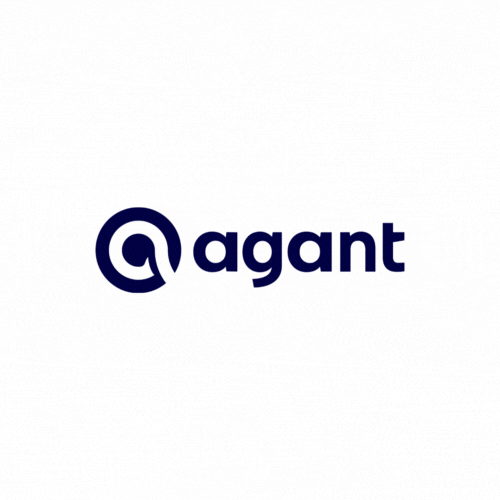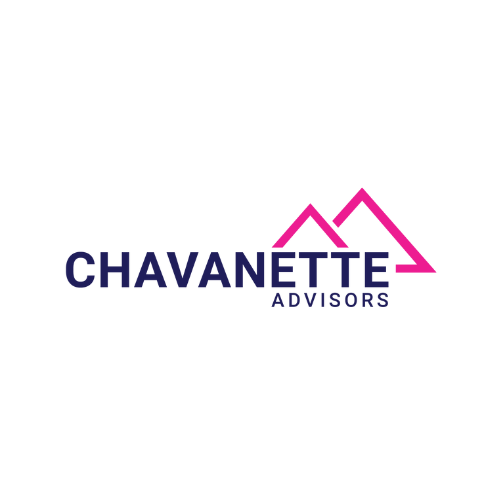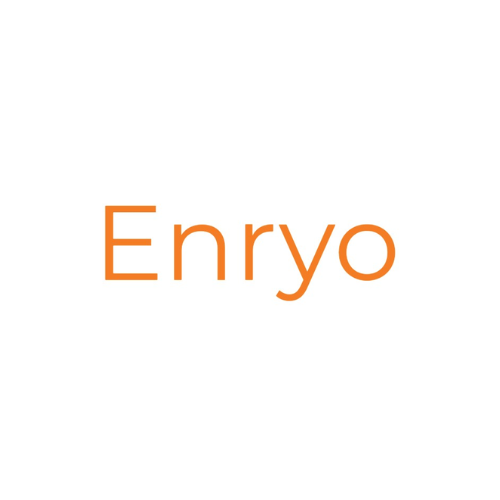In a significant development for the banking and financial sector, a pioneering solution called Overledger Authorise has been launched to bolster the security of blockchain-based transactions.
Historically, financial institutions have banked on advanced key management systems to shield data, applications, and transactions. The dawn of blockchain and digital assets posed a challenge: the prevailing key management technologies could not offer the requisite protection and compliance necessitated by security regulations. A gap emerged as many enterprises, circumventing solid security measures, resorted to storing blockchain keys on employee laptops, a move that could compromise digital asset transactions.
Overledger Authorise arrives as a panacea for this pressing issue. It empowers banks and financial institutions to deftly integrate and manage digital asset and blockchain private keys with their extant enterprise key management frameworks. This results in fluid end-to-end authorisation of transactions that traverse both existing systems and blockchains. Impressively, the robustness of Authorise was validated by Project Rosalind – a central bank digital currency trial steered by the Bank of England and the Bank for International Settlements, which had a consortium of banks, institutions, and key industry players.
Gilbert Verdian, Founder and CEO of Quant, comments, “Blockchain technology has the potential to revolutionise banking, but we cannot unlock its true potential without robust and future-proof solutions for cryptographic key management and transaction authorisation. This is where Overledger Authorise comes in. It brings central bank-grade key management and enterprise transaction signing capabilities to the blockchain ecosystem. By integrating existing enterprise key management systems to seamlessly connect and interoperate with multiple blockchains while maintaining high-grade security compliance, we have secured and simplified the adoption of digital assets for banks, institutions, and enterprise developers.”
For those unfamiliar, in the realm of blockchain, a private key serves a function analogous to a password. It’s a critical alphanumeric code essential for authorizing and validating transactions, making it indispensable for accessing blockchain-stored funds. But this domain isn’t devoid of challenges. Pitfalls emerge from various factors, including human lapses, thefts, and malevolent cyber onslaughts.
The conventional key management systems used by banks aren’t suitable for blockchain. Bridging these systems is indeed an uphill task. Overledger Authorise seamlessly fills this void. It amalgamates with existing enterprise key management systems, ensuring smooth signing of blockchain transactions and generation of keys. When any business tool or process initiates or signs off on a transaction, Authorise meticulously orchestrates authentication, authorisation, and verifications with the current key management systems, thereby safely transporting the transaction to the intended blockchain. This strategic move nullifies the peril associated with the storage of keys on employee devices and obviates the cumbersome chore of setting up and managing transaction signing for each network.
The act of generating and safekeeping cryptographic keys has always been intricate and fraught with risks, making it a ripe target for cyber attacks, user mishandling, and tech-related complications for transaction signing. The blockchain domain long grappled to align with the security and convenience that traditional bank transactions offer.





























































